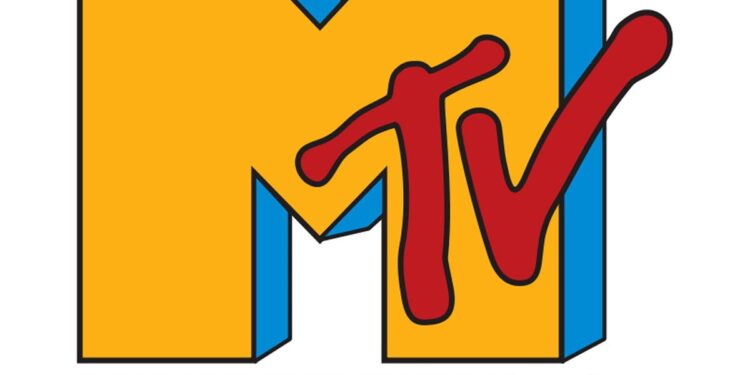MTV, short for Music Television, has been a cultural phenomenon since its inception in 1981. Originally envisioned as a channel that would exclusively play music videos, it quickly became a powerhouse that reshaped the entertainment landscape and became an emblem of youth culture.
At its launch, MTV revolutionized the way music was consumed by bringing visual storytelling to the forefront. Music videos became an art form of their own, and artists began creating elaborate productions to capture their audiences’ attention. This innovation not only propelled many musicians to superstardom but also laid the groundwork for the rise of a new breed of celebrities—the VJs (video jockeys). Personalities like Martha Quinn, Kurt Loder, and later, Carson Daly, became household names, connecting with viewers and shaping their musical tastes.
Throughout the 1980s and 1990s, MTV remained a dominant force in popular culture, hosting iconic shows such as “Total Request Live” (TRL) and “Unplugged.” It introduced its prestigious Video Music Awards (VMAs), which became a highly anticipated event for music enthusiasts worldwide. The network became a launchpad for diverse talents, including Madonna, Michael Jackson, and Nirvana, elevating them to global stardom.
However, as the digital age unfolded, MTV faced challenges to its traditional format. The internet brought about a transformative shift in how people accessed and consumed music. With the rise of YouTube and other online platforms, music videos were readily available on-demand, diminishing MTV’s exclusive role as the primary source of music videos. The channel had to evolve to remain relevant.
Adapting to the changing landscape, MTV diversified its content by incorporating reality shows and scripted series, branching out from its music-centric roots. This strategic shift allowed MTV to maintain its relevance among younger audiences and explore new avenues for original programming.
Moreover, MTV actively engaged with social and political issues, utilizing its influence to promote awareness and advocacy on topics such as HIV/AIDS, racial diversity, and LGBTQ+ rights. This commitment to social responsibility endeared the network to its viewers and further solidified its cultural significance.
Today, MTV continues to evolve with the ever-changing media landscape. Embracing digital platforms and social media, the channel leverages these tools to interact with its audience and maintain a strong online presence. Through live events, exclusive interviews, and partnerships with artists and influencers, MTV remains a central hub for pop culture discussions.
In conclusion, MTV’s journey from a music-focused channel to a multimedia powerhouse highlights its ability to adapt and resonate with multiple generations. Though the landscape of music television has evolved, MTV’s impact remains indelible, leaving an enduring legacy as a trailblazer in the entertainment industry. As long as there is music and youth culture, MTV’s influence is sure to endure.
newshub



Recent Comments